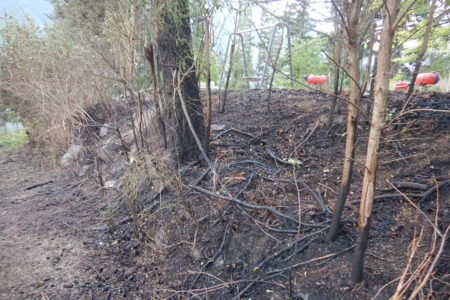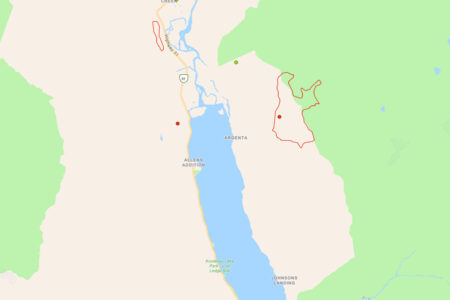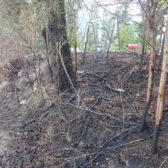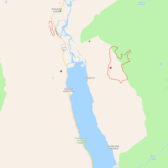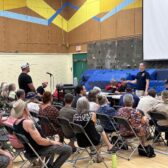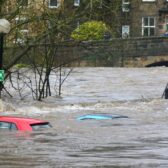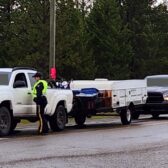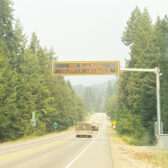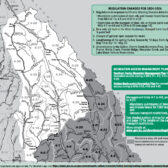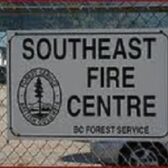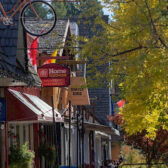Funding will strengthen rural Kootenay/Boundary economies
Local governments, First Nations and not-for-profit organizations in the Kootenay and Boundary regions will receive funding to promote economic diversification, clean-economy opportunities and infrastructure development.
“Rural communities throughout B.C. have told us which projects are the most important for growing and diversifying their local economies and we’re helping them get those projects off the ground,” said Brenda Bailey, Minister of Jobs, Economic Development and Innovation.
“Community leaders work tirelessly to build vibrant, inviting communities, and we are proud to support them.”
The Government of B.C is investing as much as $33 million across rural areas of the province for the second intake of the Rural Economic Diversification and Infrastructure Program (REDIP). Communities in the Kootenay and Boundary regions will receive as much as $2.8 million for 10 approved projects from REDIP to help strengthen local economies.
“We’re working with communities in every corner of B.C. so people can thrive wherever they live,” said Roly Russell, Parliamentary Secretary for Rural Development and MLA for Boundary-Similkameen.
“By funding projects that help build strong, diversified local economies, we can support steady employment, stable services and new economic opportunities for residents of rural communities across our province.”
Located in Kimberley, the Kootenay Outdoor Recreation Enterprise Society (KORE) is an outdoor-recreation technology-focused organization that serves as a vital network hub for the Kootenays. It emphasizes collaboration and development opportunities, tailored strategies, mentorship and support for local gear manufacturers and designers.
KORE is receiving approximately $450,000 to advance the cluster of outdoor-gear manufacturers and product designers in the Kootenays and to conduct a feasibility study for Re-Hub, a textile upcycling facility dedicated to advancing the circular economy, with a potential to advance research opportunities and industry partnerships at the forefront of a clean-growth opportunity, affecting sustainable change across the entire industry.
KORE also received nearly $50,000 through the first intake of REDIP for its sector survey and engagement roundtables to assess the needs and opportunities within the outdoor-recreation technology (rec-tech) sector in the Kootenays.
“Through the REDIP funding, KORE will now be able to become a leader as the outdoor rec-tech sector connector, not only for the Kootenay region but also for British Columbia, and to advance the supporting ecosystem,” said Kevin Pennock, executive director, Kootenay Outdoor Recreation Enterprise Society.
“KORE’s vision to become Canada’s most recognized region for outdoor gear circularity through the development of the Re-Hub program is now a reality because of this REDIP financial contribution.”
In its first two years, REDIP will see as much as $99 million invested in more than 300 projects in rural B.C. There is as much as $33 million available from the upcoming third intake of REDIP, with applications expected to open in July 2024 and close at the end of October 2024.
Building resilient economies is part of the Province’s work through the StrongerBC Economic Plan to build a strong and sustainable economy through clean and inclusive growth.
Quick Facts:
Communities can receive REDIP funding through three streams:
- Economic diversification – Projects that plan or implement programs, services and infrastructure to support economic development and diversification in communities with populations of 25,000 or less (maximum funding: $1 million).
- Economic capacity – Projects that build local capacity and improve the ability to support economic development and diversification in communities with populations of 2,500 or fewer (maximum funding: $100,000).
- Forest impact transition – Projects that support economic recovery and diversification in affected forest-dependent communities (maximum funding: $500,000).






